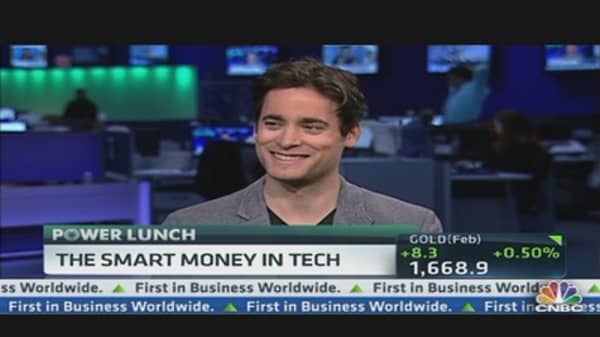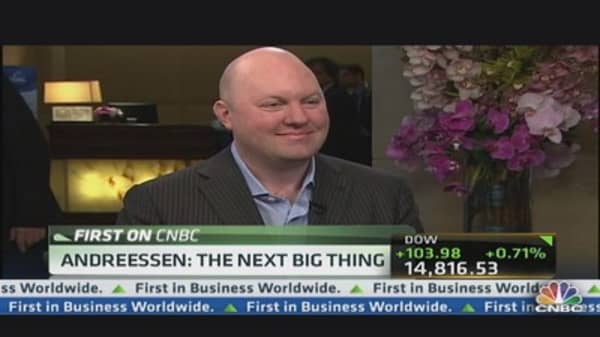Crowdfunding, the idea that you can plead for money from the masses, is no longer relegated to mom and pops. The platform is nibbling at the edges of the famously opaque film industry, and helping established professionals raise millions.
"If 10 to 30 percent of a film budget can be found through fans, friends and family—that's a big deal," said Duncan Cork, co-founder and chief executive of Slated.com, a year-old digital platform that connects potential investors with independent filmmakers. "The industry is coming around to this new world order," he said.
Zach Braff: $2.6 Million and Counting
Actor-director Zach Braff—perhaps best known for his role on the TV series "Scrubs"—has raised about $2.6 million and counting on Kickstarter. He's making his sophomore feature after "Garden State." And, oh, how the haters have pounced. They've essentially accused him of swimming in a money pond that had been the purview of smaller fish with limited access to capital. "Is Zach Braff ruining Kickstarter?" one headline read.
Critics aside, it's difficult to imagine anyone in the industry turning away new piles of money—especially as the Hollywood economy changes rapidly.
The TV-computer hybrid model and on-demand viewing through platforms such as Netflix are gaining traction. Hollywood is churning out expensive blockbusters such as "Iron Man 3" that had a reported production budget of around $200 million. It was financed in part through presales in foreign markets. The ranks of middle budget pictures, meanwhile, are shrinking with notable exceptions, such as "Argo," which was made for about $44 million.
(Read More: Netflix Has 'Tremendous Traction,' Despite Stock Volaility: Analyst)
So imagine a new film financing world, where average investors—not movie moguls and financiers—can buy a stake in a future film, and enjoy a portion of that project's success. It would be like buying a stock. So far, Slated.com is the closest thing to that holy grail—a funding mechanism that opens up film financing to a broader audience. And more investors presumably mean more lower-budget features that big studios are ignoring.
Regulators are still drafting guidelines on so-called equity crowdfunding, which allows funders to actually own a piece of new businesses. In contrast, traditional crowdfunding that's prevalent on sites such as Kickstarter allows users to solicit cash donations (not loans) for projects and nonprofit causes.
The traditional film-financing machine can be mysterious and time sensitive. "We want to make film financing accessible," said Cork. Based in Lower Manhattan, Slated's team includes Stephan Paternot, a film financier and angel investor.
(Read More: Millennials Want to Donate, Save the World, Really)






